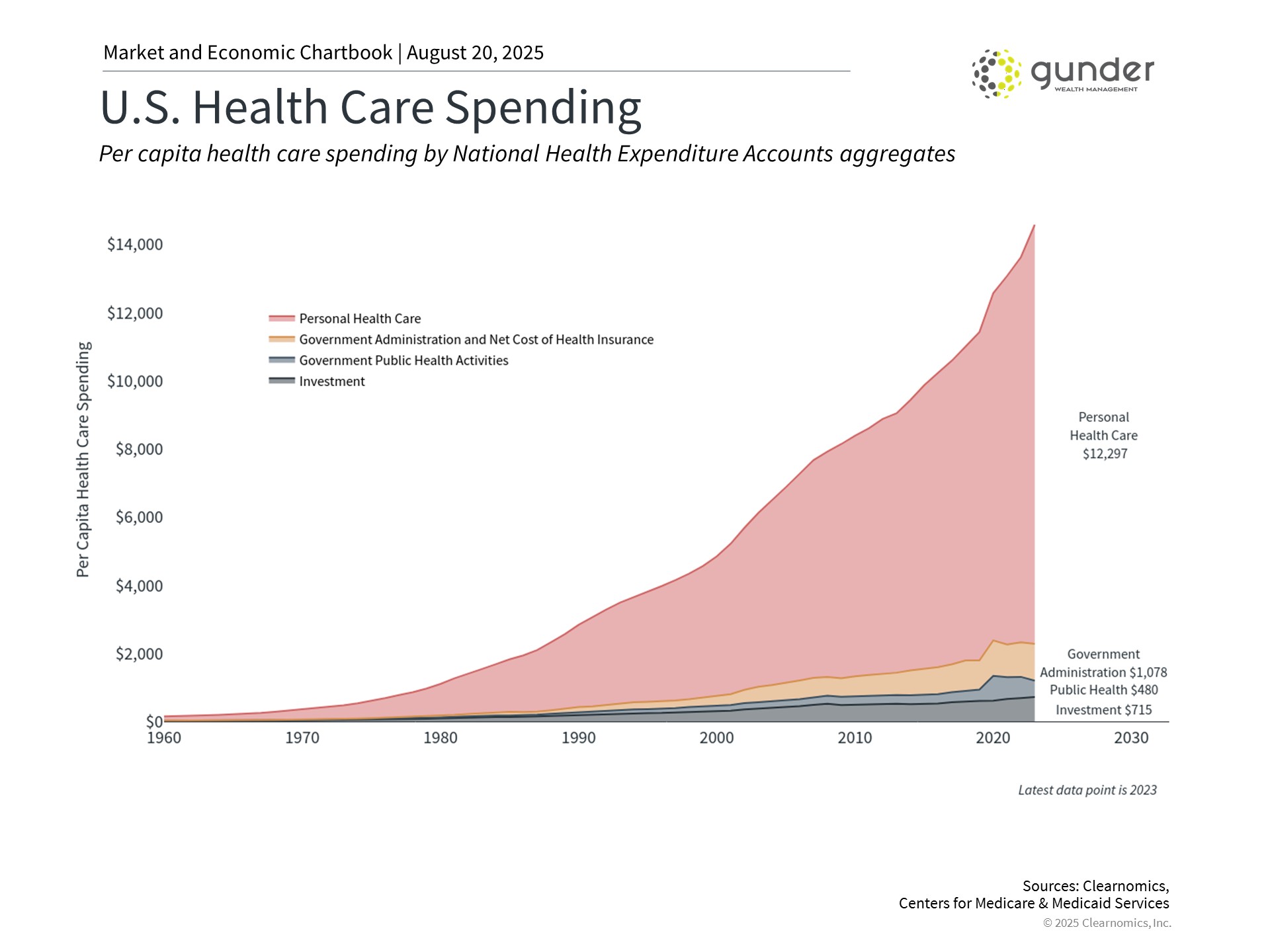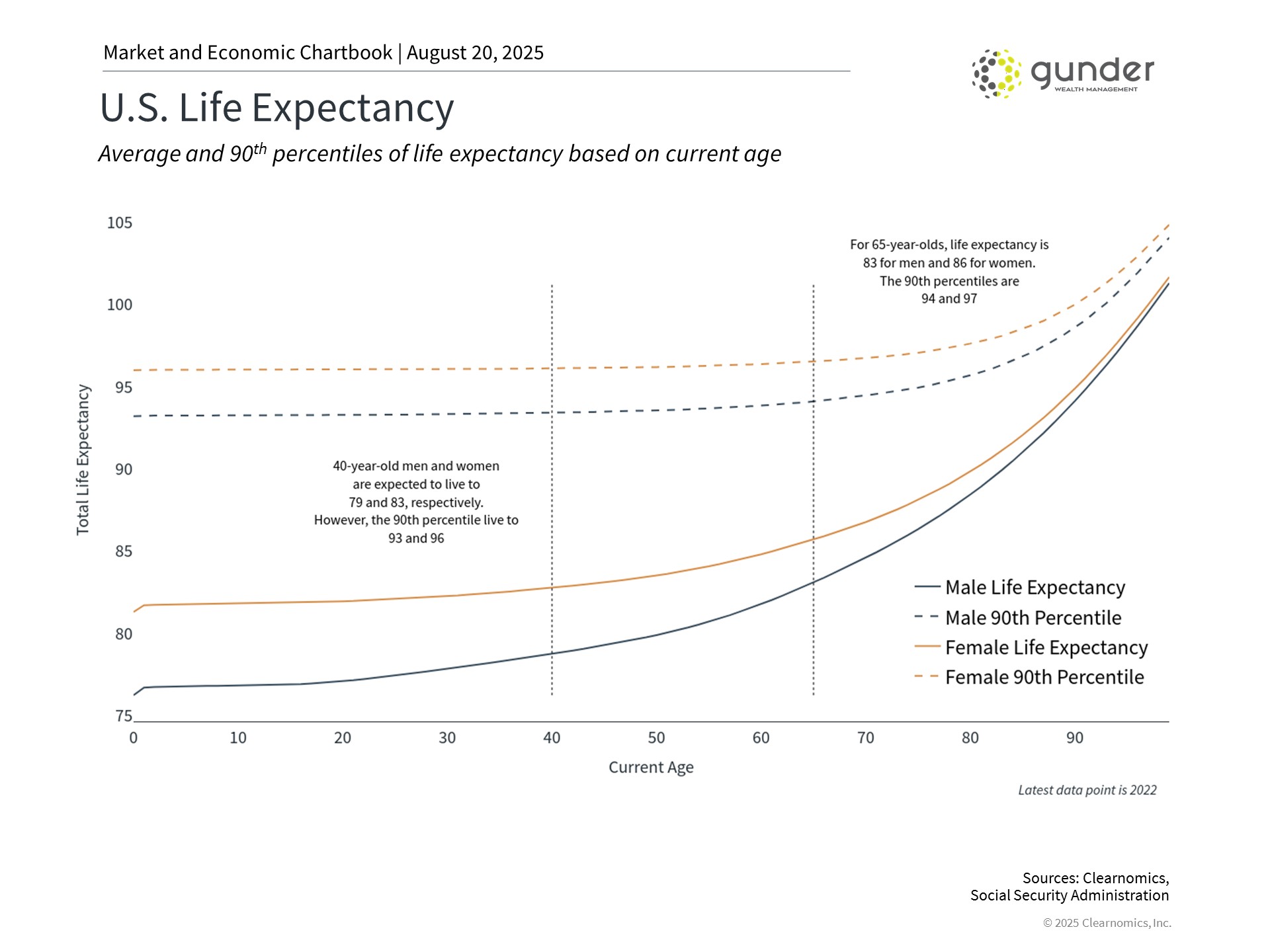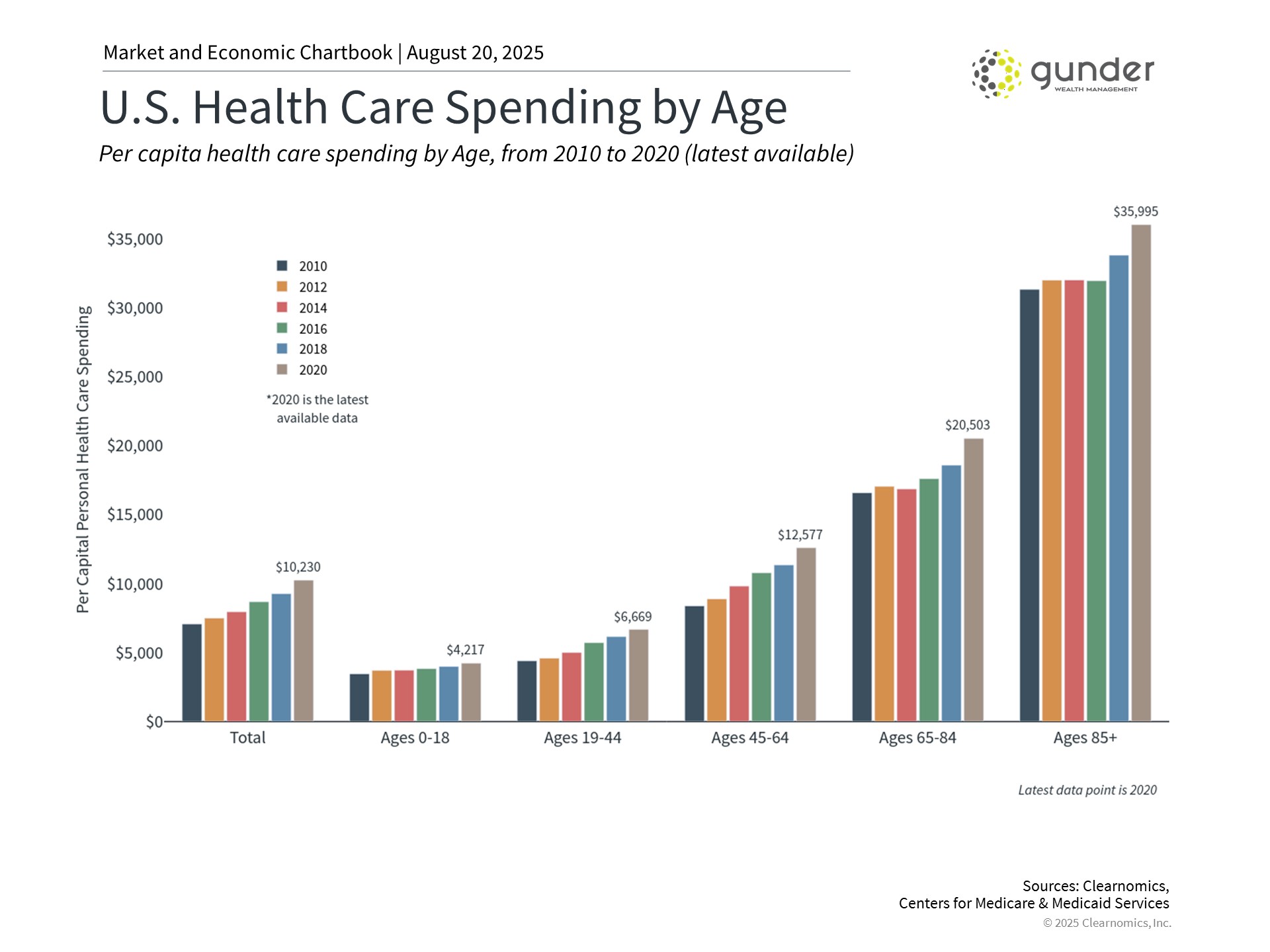
Health care costs continue to rise with no signs of slowing down. This makes health care one of the most significant expenses you’ll face in retirement. A person retiring at age 65 today may spend approximately $165,000 on healthcare during retirement. For married couples, that number almost doubles. Since people are living longer, planning for these costs is a key part of any sound financial plan.
There are various ways to prepare for future healthcare costs. These include special savings accounts with tax benefits, additional insurance to help cover Medicare gaps, long-term care insurance, and strategic retirement income planning. Each approach has advantages depending on your health, financial situation, and when you plan to retire. Using several of these strategies together often provides the best protection against rising healthcare costs.
Health Savings Accounts (HSAs) are especially useful, yet they remain underutilized. Since 2004, HSAs have evolved from being relatively unknown to becoming one of the most effective tax-saving tools available. You only qualify for an HSA if you have a high-deductible health plan. If used strategically, they can significantly help both your current taxes and long-term financial security.
Health care costs keep rising at a fast pace

Health care spending in the United States has grown dramatically over recent decades. In 2023, the country spent $4.9 trillion on healthcare – approximately $12,297 per person. This equals nearly 18% of the country’s total economic output and represents a significant increase from the 5% reported in 1962!
Several factors contribute to this steady growth, including an aging population, an increase in chronic diseases, advancements in medical technology, expanded insurance coverage, and general healthcare inflation.
What planning strategies can help combat these rising prices? Consider three main areas:
- Tax planning: Find ways to pay for health care expenses using tax-advantaged accounts like HSAs
- Retirement planning: Understand your future health care needs and find the best ways to fund them
- Estate planning: Understand how accounts like HSAs will be handled if you don’t use all the money
HSAs offer significant tax benefits with growing contribution limits

HSAs are available to people with high-deductible health plans. For 2026, this means plans with minimum deductibles of $1,700 for individuals or $3,400 for families.
HSAs are special because they offer three tax advantages – something not provided by any other account type:
- Tax-deductible contributions: Money you put in reduces your taxable income
- Tax-deferred growth: Earnings in the account grow without being taxed
- Tax-free withdrawals: Money taken out for qualified medical expenses is never taxed
For 2026, you can contribute up to $4,400 for individual coverage and $8,750 for family coverage. If you’re 55 or older, you can make an additional $1,000 catch-up contribution.
Health care costs are highest in retirement

One smart HSA strategy is to treat it like a special retirement account solely for healthcare costs. This means putting in the maximum amount each year while paying current medical bills from your regular checking account. Keep receipts for medical expenses you pay out-of-pocket – you can get reimbursed from your HSA years later with no time limit.
The key is investing your HSA for long-term growth, allowing the funds to grow tax-free over time. Unlike other retirement accounts, HSAs don’t require you to take money out at a certain age. After age 65, HSAs become even more flexible – you can take money out for non-medical expenses without a penalty (though you’ll pay regular income tax).
For estate planning, if your spouse inherits your HSA, they can use it as their own with all the tax benefits. For other beneficiaries, such as children, the tax treatment is less favorable and can result in a significant tax bill.
Bottom line
Rising healthcare costs present a significant planning challenge, but HSAs offer unmatched tax advantages for one of life’s largest expenses. If you’re eligible, HSAs are a valuable addition to your financial plan.
If you need assistance navigating these costs, connect with us today to model different scenarios in your plan.
Please consult with your financial advisor and/or tax professional to determine the suitability of these strategies. All views, expressions, and opinions in this communication are subject to change. This communication is not an offer or solicitation to buy, hold, or sell any financial instrument or investment advisory services.
